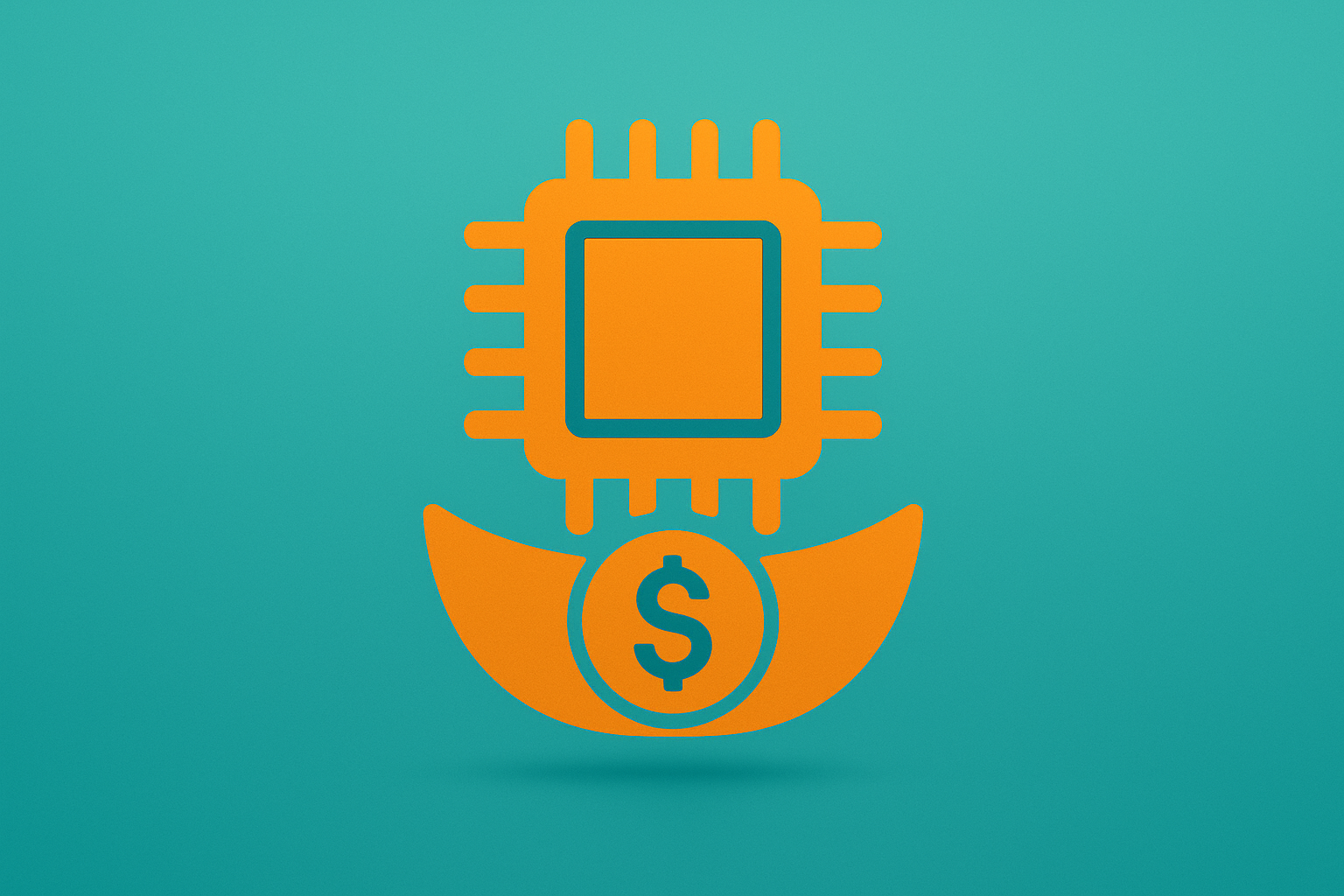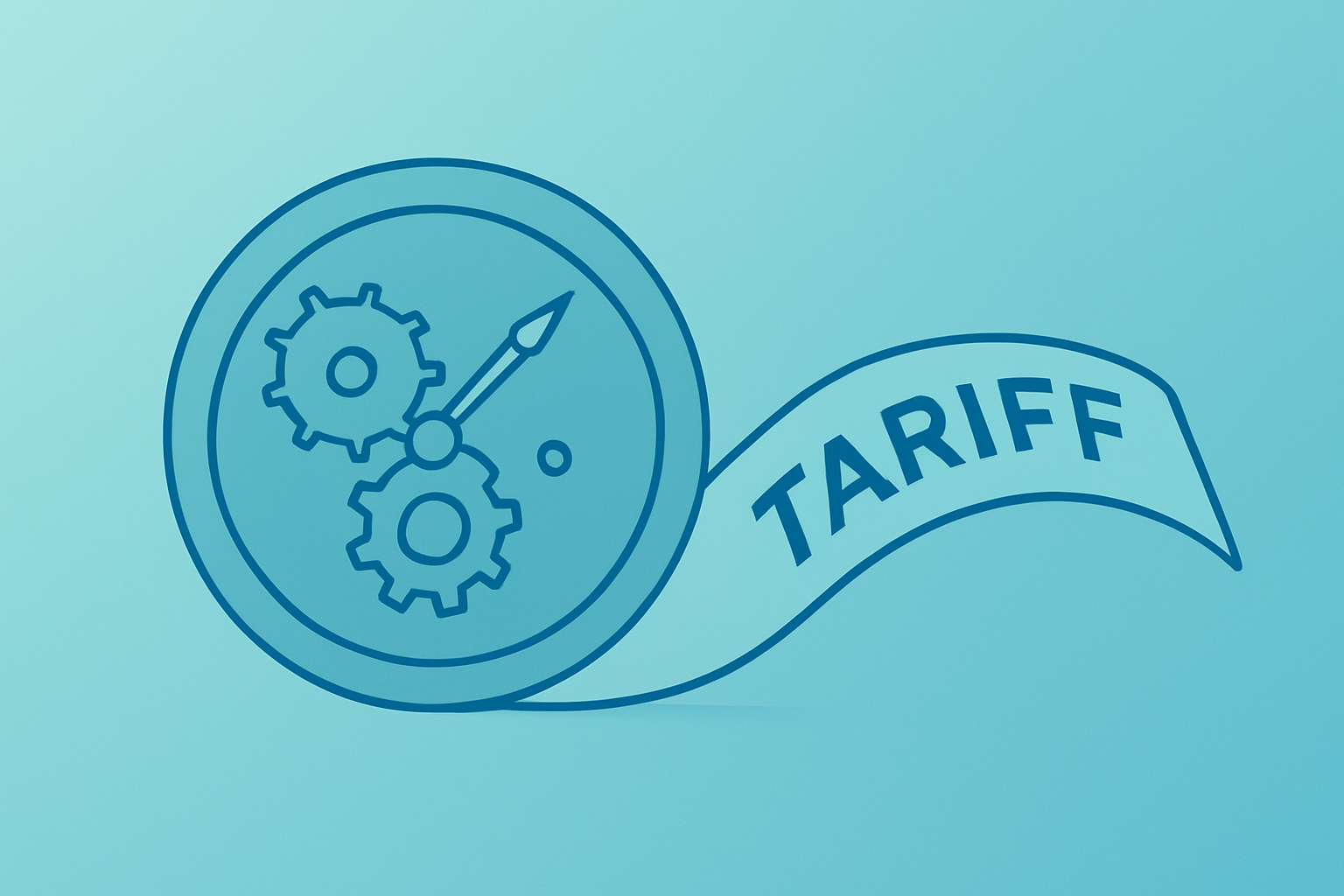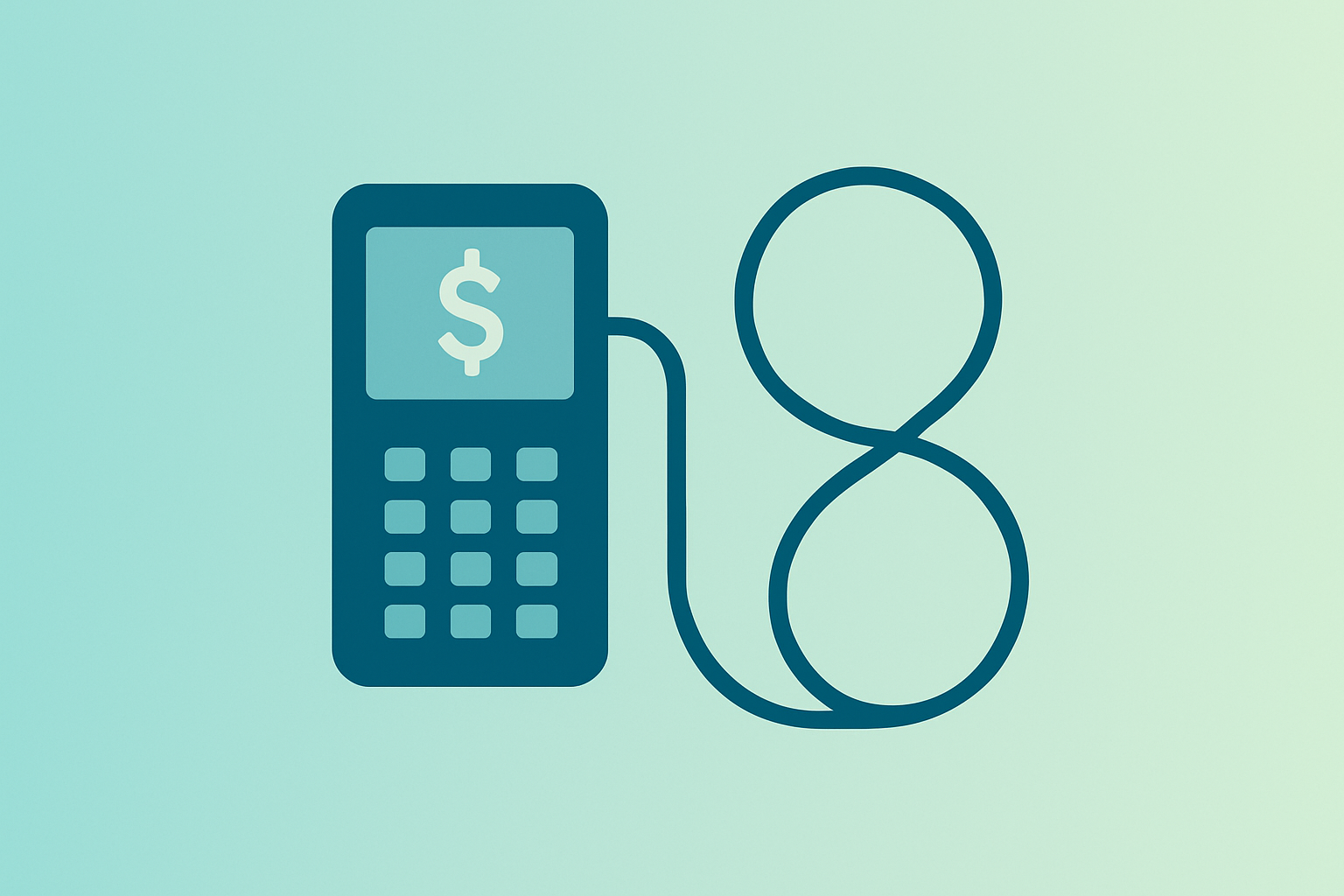Government Shutdown End Boosts Stocks, Led by Tech
Government shutdown end prospects boosted stocks after the Senate advanced a funding package, sparking a tech-led rally and raising volatility risk.

KEY TAKEAWAYS
- Senate advanced a bipartisan funding package, raising prospects for a government shutdown end.
- Technology-led rally pushed the Nasdaq up 2.3% and the S&P 500 up 1.5%.
- House approval and presidential signature plus delayed economic data could prolong volatility.
HIGH POTENTIAL TRADES SENT DIRECTLY TO YOUR INBOX
Add your email to receive our free daily newsletter. No spam, unsubscribe anytime.
U.S. stocks rallied on Nov. 10, 2025, after the Senate advanced a bipartisan funding package that raised prospects for a government shutdown end, lifting tech shares even as traders warned that delayed economic data and pending approvals could increase volatility.
Senate Advances Funding Package to End Shutdown
On Nov. 9, the Senate reached the 60-vote threshold to advance a bipartisan funding package, with seven Democrats and Sen. Angus King (I-ME) joining Republicans. The measure includes a three-bill, full-year spending package covering the Department of Agriculture, Food and Drug Administration, legislative branch, Department of Defense construction, and Department of Veterans Affairs. It also contains a short-term continuing resolution to fund other government entities through Jan. 30, 2026, and extends key healthcare waivers and flexibilities until that date.
The package still requires approval by the House and the President’s signature before the government fully reopens. Senate leaders secured a commitment for a future floor vote on extending enhanced premium tax credits set to expire at year-end.
Tech Shares Lead Market Rally Amid Volatility Risks
Technology stocks led the market rebound, with the Nasdaq Composite rising 2.3% and the S&P 500 up 1.5% that day. The gains reflected easing immediate fiscal concerns as lawmakers advanced the funding package.
Market participants expect a surge of delayed U.S. economic data that could increase volatility and complicate the Federal Reserve’s policy decisions. Analysts cautioned that the incoming reports might reshape expectations about growth and inflation in unpredictable ways.
Some optimism also stemmed from expectations of a Republican sweep, which some viewed as supportive for equities. Despite the Senate’s progress, analysts warned that the backlog of data and ongoing fiscal and monetary uncertainty could keep near-term volatility elevated as investors reassess the outlook.
For now, the Senate’s action eased one immediate political risk and boosted risk assets, but the rally’s durability depends on the House’s response, the President’s approval, and how markets interpret the delayed economic data.





